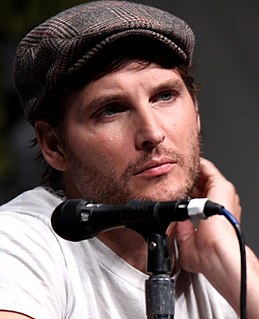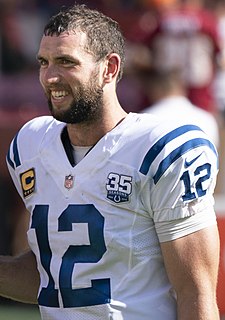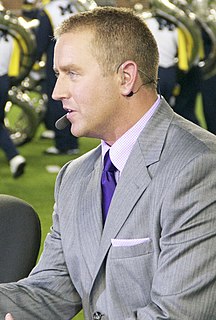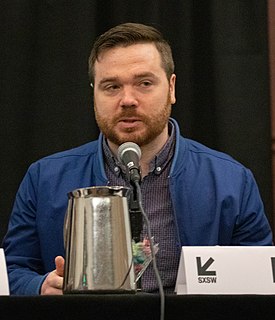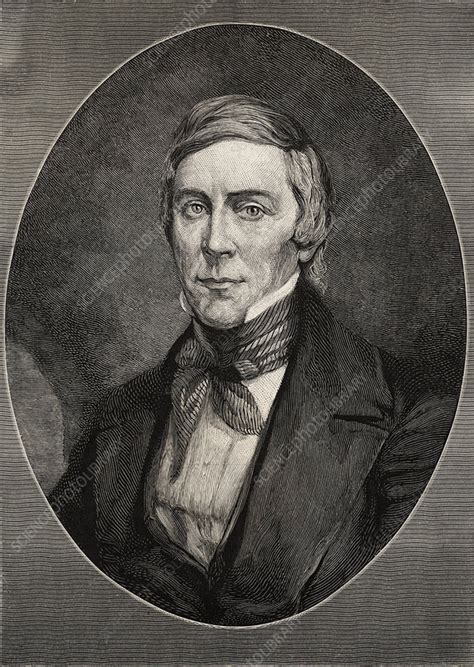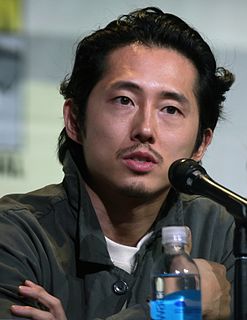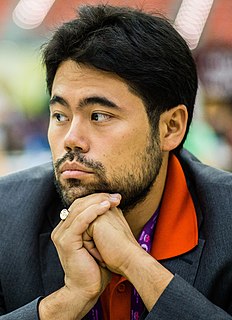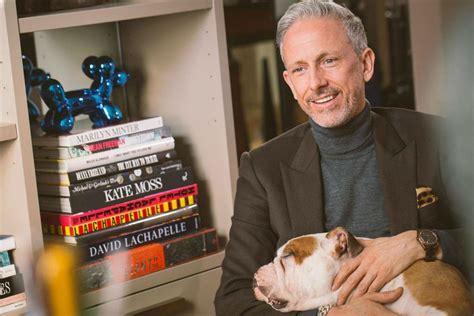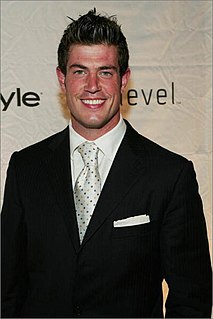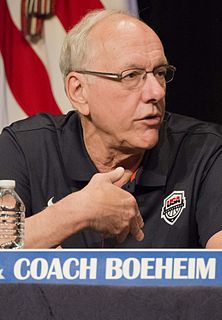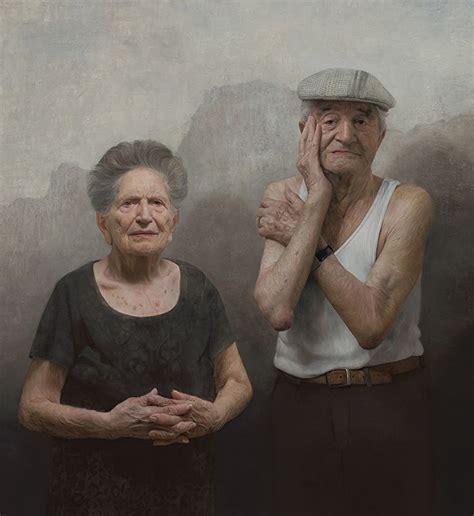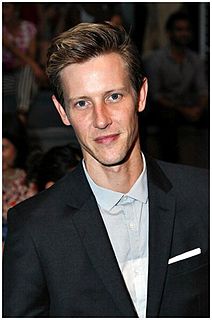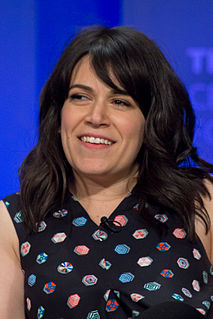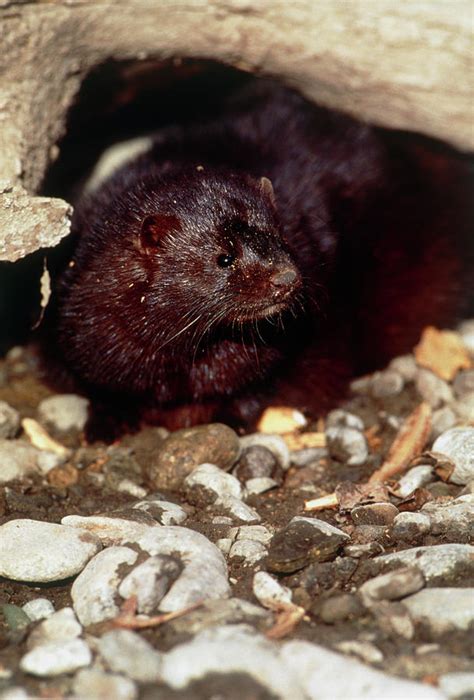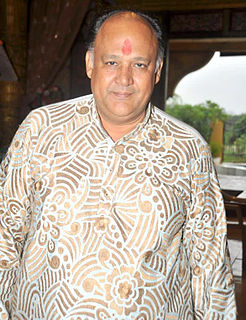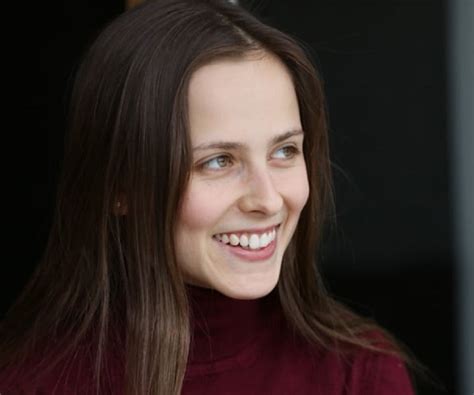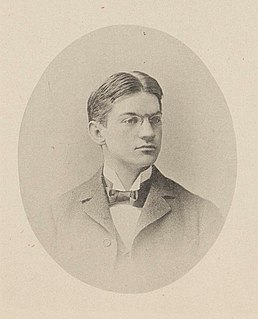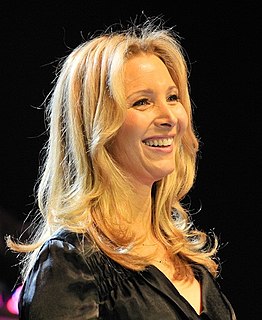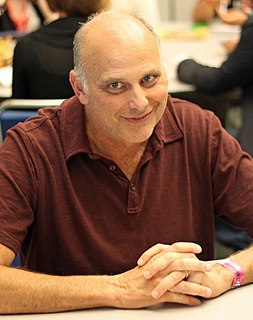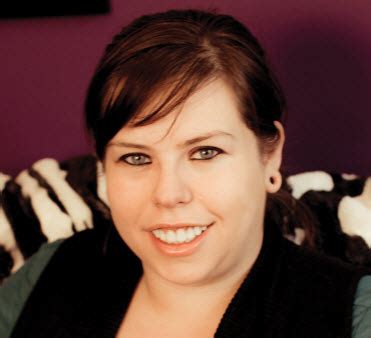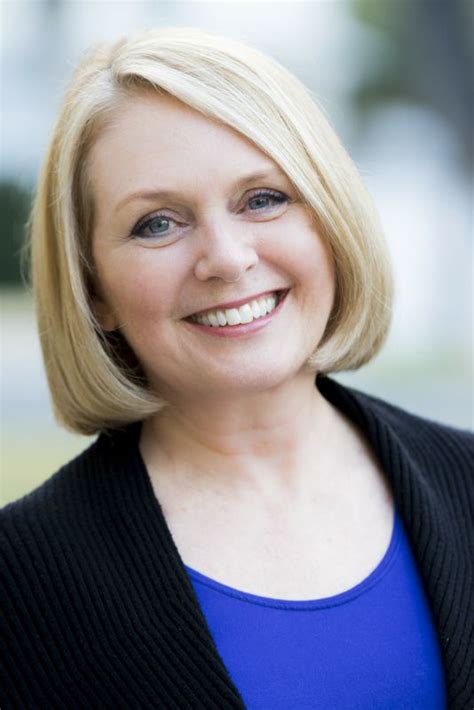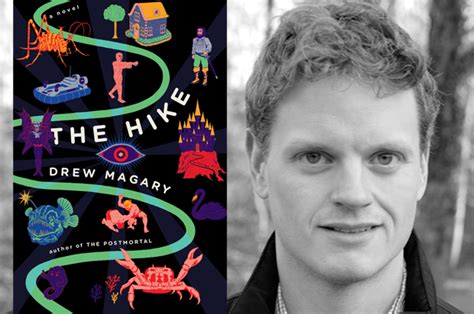Top 1200 College Students Quotes & Sayings - Page 16
Explore popular College Students quotes.
Last updated on November 6, 2024.
Everyone has a different path. I knew no one in the acting industry growing up. I never did a play until college. I was not outspoken when I was younger and I hated being the center of attention. But I had a dream of being an actor. I went to NYU and studied theatre. I learned a craft. And began my career straight out of college.
In some of the classes, especially the introductory religion courses I took, the professors can veer into a particular strain of religious anti-intellectualism. Professors typically aren't given tenure at Liberty, so there's pressure to hew to the party line on religious and social issues. I didn't see a whole lot of my professors encouraging critical thinking among their students. Which isn't to say that students don't engage critical thinking skills at Liberty - just that it wasn't part of my classroom experience there.
I got to college and saw all of my friends going to these other schools and thought, 'You know, college is just a blank slate.' And I had an opportunity to go to different schools, but I chose Brown because it was unique and allowed you to be yourself as an individual and like I said, it's a blank slate.
Eighty-three percent of our students are Pell Grant-eligible, which means, by and large, that their families have a dysfunctional relationship with wealth and with work. So if you have never been in an environment where you have come to understand the expectations of a career, because all you have ever seen is people be underemployed or unemployed, then how are you going to learn that? Our students are getting two forms of education. They're getting a rigorous liberal arts training, and they're also getting real world work experience.
I was more into music, before I got into college. In high school, I used to play guitar and sing. I did a lot of that. But, when I graduated and went to college, I remember my freshman year and this girl from across the hall, who is one of my good friends to this day, had a brother who was in the school improv team. We went to go watch a show and it blew my face off.
The ticket out of the Depression was an education, a college degree. It really didn't matter if you knew anything. You just had to have the degree. My dad, up until the last two years of his life, thought he had failed miserably with me 'cause I didn't go to college. I mean, you've seen postgame interviews with the star of the game and the players always talk about how proud his parents are because he's the first guy in his family ever to attend college. I'm the first in my family not to! I'm the first of my family not to have a degree. It's thrown everybody for a loop.
I have a process that I seem to always, to some degree, as a writer, adhere to, but I certainly have never imposed the way I write a novel on my students. When I had students, I never said, "You should never start writing a novel until you have the last sentence." I never did that, and I wouldn't do it now, but people now seem so interested in the process [of writing fiction] that I have to constantly make it clear when I describe mine that I'm not being prescriptive. I'm not proselytizing.
The other way that you democratize the food movement is through the public school system. If you can pay enough for the school lunch system so that it can actually be cooked and not just microwaved, so that these schools can buy local food, fresh food, because right now it's all frozen and processed, you will improve the health of the students, you will improve the health of the local economy, and you will have better performing students.
Zip codes might be great for sorting mail, but they should not determine the quality of a child s education or success in the future workforce," said Bob Wise, president of the Alliance for Excellent Education and former governor of West Virginia. "With common standards and assessments, students, parents, and teachers will have a clear, consistent understanding of the skills necessary for students to succeed after high school and compete with peers across the state line and across the ocean.
My dad was in the Indian Army. He died in a terrorist attack in Kashmir in 1994. After that, my mum and I settled in Noida. I went to Delhi Public School in Noida and then to Shri Ram College of Commerce in Delhi University. It was in college that I realised I wanted to be on the stage and in front of the camera.
Teaching is a huge part of what I do. I love to think about what I do out loud, and the best way to do this is to teach. I usually learn a lot from the students in my workshops, because we work to build the classes around a collaborative environment where everyone is working towards the same goal of learning how to observe and see the subject well, because everyone brings different approaches and experiences with them, the other students and myself learn new methods that we can add into what we do.
I encourage film students who are interested in cinematography to study sculpture, paintings, music, writing and other arts. Filmmaking consists of all the arts combined. Students are always asking me for advice, and I tell them that they have to be enthusiastic, because it's hard work. The only way to enjoy it is to be totally immersed. If you don't get involved on that level, it could be a very miserable job. I only have one regret about my career: I'm sorry that we are not making silent movies any more. That is the purest art form I can imagine.
I support charters, but the right kind of charters. I support charters that support kids who have the highest needs. A charter should be targeting students who are in serious trouble. It should serve students who didn't succeed in public schools when it can help them. Or, at least, charters should agree to accept similar proportions of the kids with the highest needs.
In college I took a class from a professor who changed my whole life. I can't really remember what his name was, or what the class was, or even which college it was, but I found that if you sit behind a really tall guy and kind of slouch down in your chair you can drink Scotch right from the bottle and not get caught.
I was a reasonably good student in college ... My chief interests were scientific. When I entered college, I was devoted to out-of-doors natural history, and my ambition was to be a scientific man of the Audubon, or Wilson, or Baird, or Coues type-a man like Hart Merriam, or Frank Chapman, or Hornaday, to-day.
When I began doing theatre in high school I saw that I could get laughs from people but I didn't really connect that to going on and becoming a comedian. I was interested in acting and while I was at Boston College I was part of an improv group, Mother's Fleabag, which had a long history and has been known as one of the best college improvisation groups in the U.S.
I was the first one in my family to go away to college. I came from a small town where there was no guidance in the high school at all. It was a mill town, and I never knew anyone who made their living from the arts. When you did go away to college, you went away to be something - an engineer, or a teacher, or a chemist.
Because they don't teach the truth about the world, schools have to rely on beating students over the head with propaganda about democracy. If schools were, in reality, democratic, there would be no need to bombard students with platitudes about democracy. They would simply act and behave democratically, and we know this does not happen. The more there is a need to talk about the ideals of democracy, the less democratic the system usually is.
Professor Brown: 'Since this slide was made,' he opined, 'My students have re-examined the errant points and I am happy to report that all fall close to the [straight] line.' Questioner: 'Professor Brown, I am delighted that the points which fell off the line proved, on reinvestigation, to be in compliance. I wonder, however, if you have had your students reinvestigate all these points that previously fell on the line to find out how many no longer do so?'
Everybody knows that fraternities are a normal culture in all colleges. It exists in all colleges. President Clinton was a member of a fraternity. In fact, anybody who goes to College in the United States is a member of a College fraternity. There is absolutely nothing evil or occultic about fraternity.
Because my college was a local college, it had a historic role in educating minorities and the tuition increase was viewed as an obstacle in creating more opportunity for minorities. I threw myself info the protests with all my heart. Ultimately, a group of us barricaded ourselves in the school for about 3 weeks so we brought the running of the campus to a halt.
...methods are more important than facts. The educational value of a problem given to a student depends mostly on how often the thought processes that are invoked to solve it will be helpful in later situations. It has little to do with how useful the answer to the problem may be. On the other hand, a good problem must also motivate the students; they should be interested in seeing the answer. Since students differ so greatly, I cannot expect everyone to like the problems that please me.
Anytime I have communicated with college-going people, fresh out of college, looking for a job - money is very important, that is just so important. What is not important is how do you plan to live your life or the larger picture. Not that I had such philosophical intentions when I was 18, but I think there was lesser importance for money.

